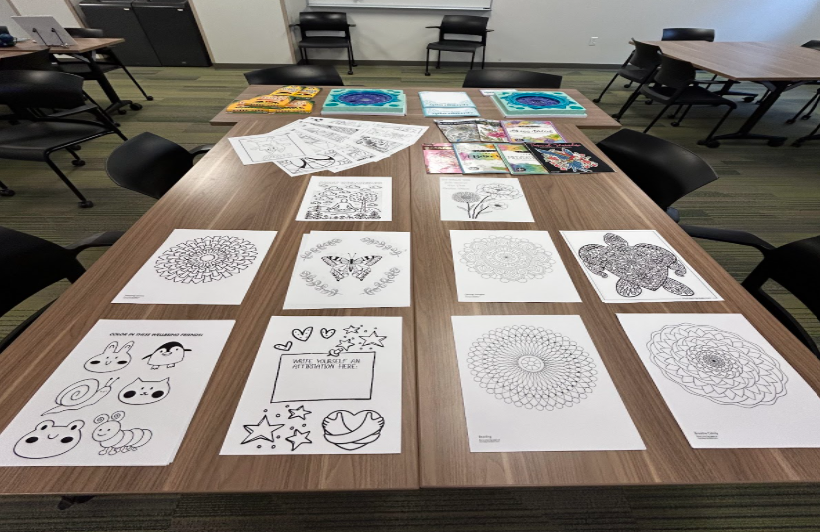Graduation may seem far away, and many seniors may be wondering whether they will be able to walk. The Coronavirus prevented graduation last semester, however, it did not stop students from obtaining their degree.
The medicinal plant chemistry major has become known as one of the harder programs offered by NMU. Many students had signed up expecting to learn only about marijuana but quickly learned how difficult the program is. Adam Litsky, a graduate of the Medicinal Plant Chemistry program with a concentration in the entrepreneurial tract, was not one of these students.
“Chemistry is in the name of the degree. At the end of the day, I have a chemistry degree. There is a focus and a kind of gear towards cannabis and other traditional herbal medicines and natural products, but the majority of the courses and the majority of the degree is analytical chemistry techniques,” Litsky said.
The degree can be used much more broadly than one may initially expect. Litsky is currently working in a temporary position as a lab technician at AustarPharma LLC in New Jersey. Litsky shares how his time at Northern prepared him for this position.
“I do a combination of bench work, like chemistry bench work and instrumentation, so HPLC and dissolutions and other chemistry techniques that are common in the pharmaceutical industry. I did get experience in these techniques from Northern and I think that’s a big part of how I got hired,” Litsky said.
Marijuana in New Jersey is currently still illegal. Because of this, Litsky has chosen to continue his career in the pharmaceutical field. While he originally entered the medicinal plant chemistry program aiming to start his own business, this job has changed his outlook, according to Litsky.
“Since graduation, I’ve seen how much effort goes into actually owning and operating a business in the pharmaceutical industry, which I believe cannabis falls under. I no longer want to do that by myself, maybe with a partner or two it would be more feasible, but now my end goal is to work my way up in the pharmaceutical industry as a lab manager or overseer or lab chemist, something to that effect, and perhaps in the future pivot into cannabis specialty,” Litsky said.
For students who are working their way through the program, a plethora of jobs exist, according to Litsky. He believes that the first step for cannabis being accepted as a medicinal drug is to apply the pharmaceutical drug development system taught in the program.
“Any job that requires chemistry experience is applicable for the med plant chem degree, anything in the pharmaceutical industry entry-level work that the degree prepares you for to then get your foot in the door. You really want to learn on the job. The degree is a ground floor overview, so you can go into drug development, drug processing, cannabis testing,” Litsky said.
Litsky stresses the importance of getting involved, whether on-campus or off-campus. Marquette has recently opened The Fire Station, a cannabis shop in the heart of the town, and several more provisionaries are in construction, set to open soon. These new dispensaries are excellent places for students in the major to work, but Litsky suggests keeping an open mind.
“Look for internships in CGMT companies. Current good manufacturing processes, which is a requirement for all pharmaceuticals. The FDA is the regulator for that. Get industry experience there with internships, get research under your belt. Talk to professors about their research opportunities and how you might be able to assist them. Get involved with the community around Marquette,” Litsky said. “There’s a booming cannabis industry in Michigan now, I believe. There’s going to be ample opportunity for students to use their knowledge that they got with this degree in that field.”



























